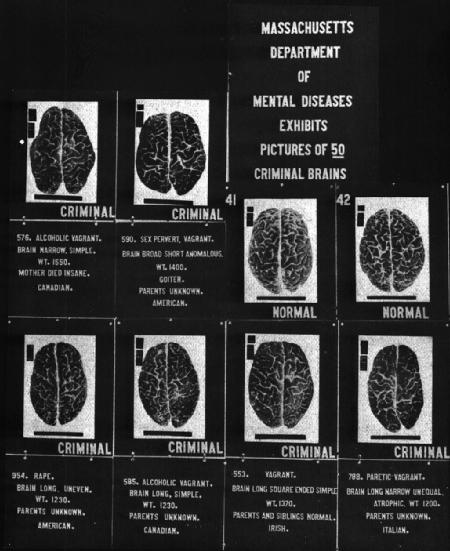Medicine, Identity and Technology in Modern History (HI269)
 Please note that this module has been
Please note that this module has been
temporarily withdrawn and is therefore
not available to students in 2019/20.
Tutor: Professor Roberta Bivins
Email: R.Bivins@warwick.ac.uk
Lecture Times: tba
Seminar Times: tba
‘Medicine, Identity, and Technology in Modern History’ is an undergraduate second-year option module designed to complement the first-year History core module, Making of the Modern World (HI153), and to introduce students to the histories of technology and medicine, and to science and technology studies. It will familiarize students with historical, anthropological, sociological, and ethical approaches to medicine and technology (particularly in the 20th century), and add interdisciplinary skills to students’ repertoire for research, thinking, and writing across all modules that they will take. Students will explore the impact of often-controversial medical, scientific and technological innovations on individual, familial/community and national identities: in other words, on all the ways in which we know who we are – and through which we identify others. Students will look at a range of case studies including:
|
Using the evidence offered by these examples, students will be asked if any or all of them have changed the ways in which people think of themselves, their families, and the cultures and nations in which they live. By the end of the year, students will be able to describe and assess the roles of medicine and technologies in transforming notions of identity at the individual, familial and national levels, from the 19th century to the present.
Please see the Module Supermarket Presentation for more information about this module.
